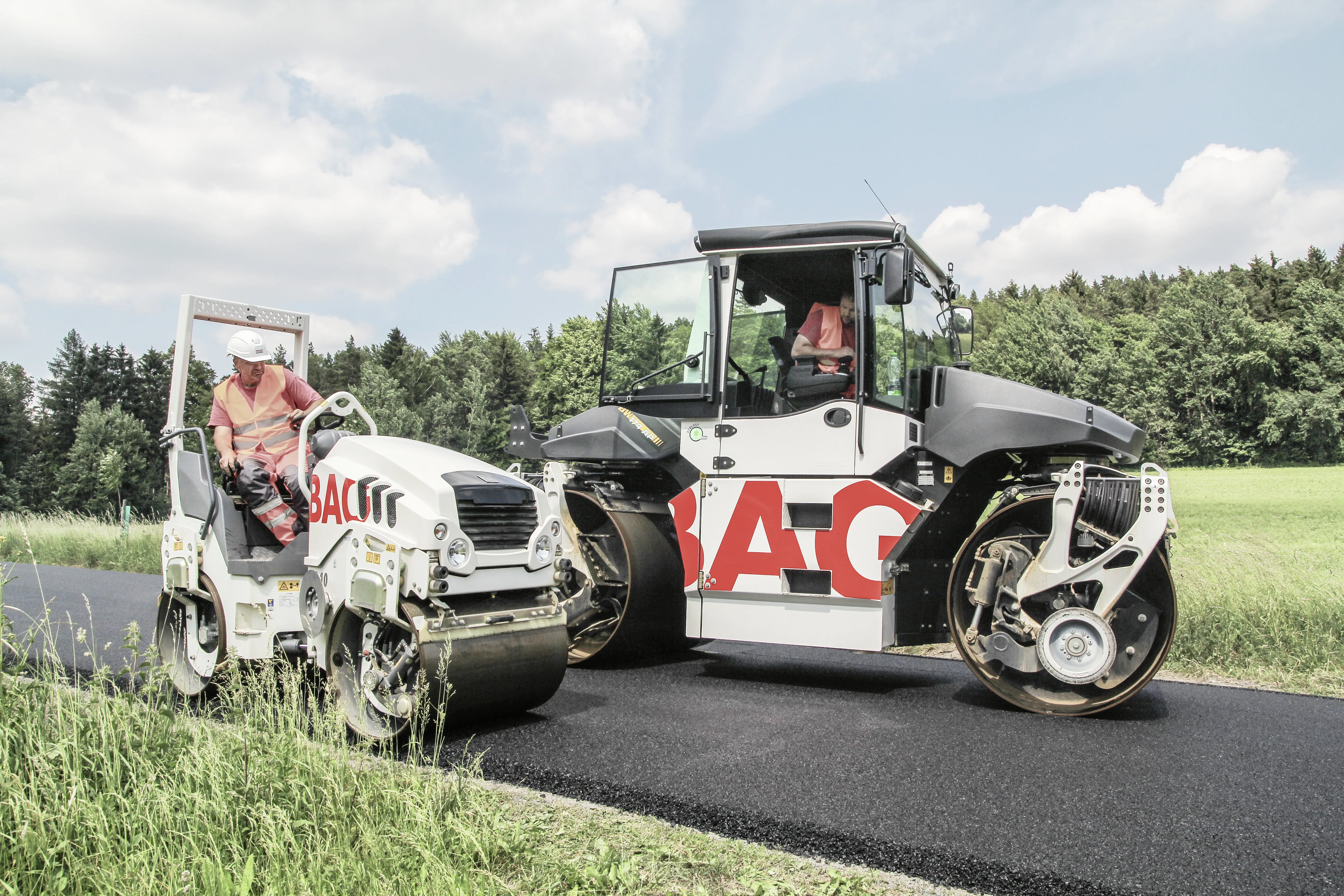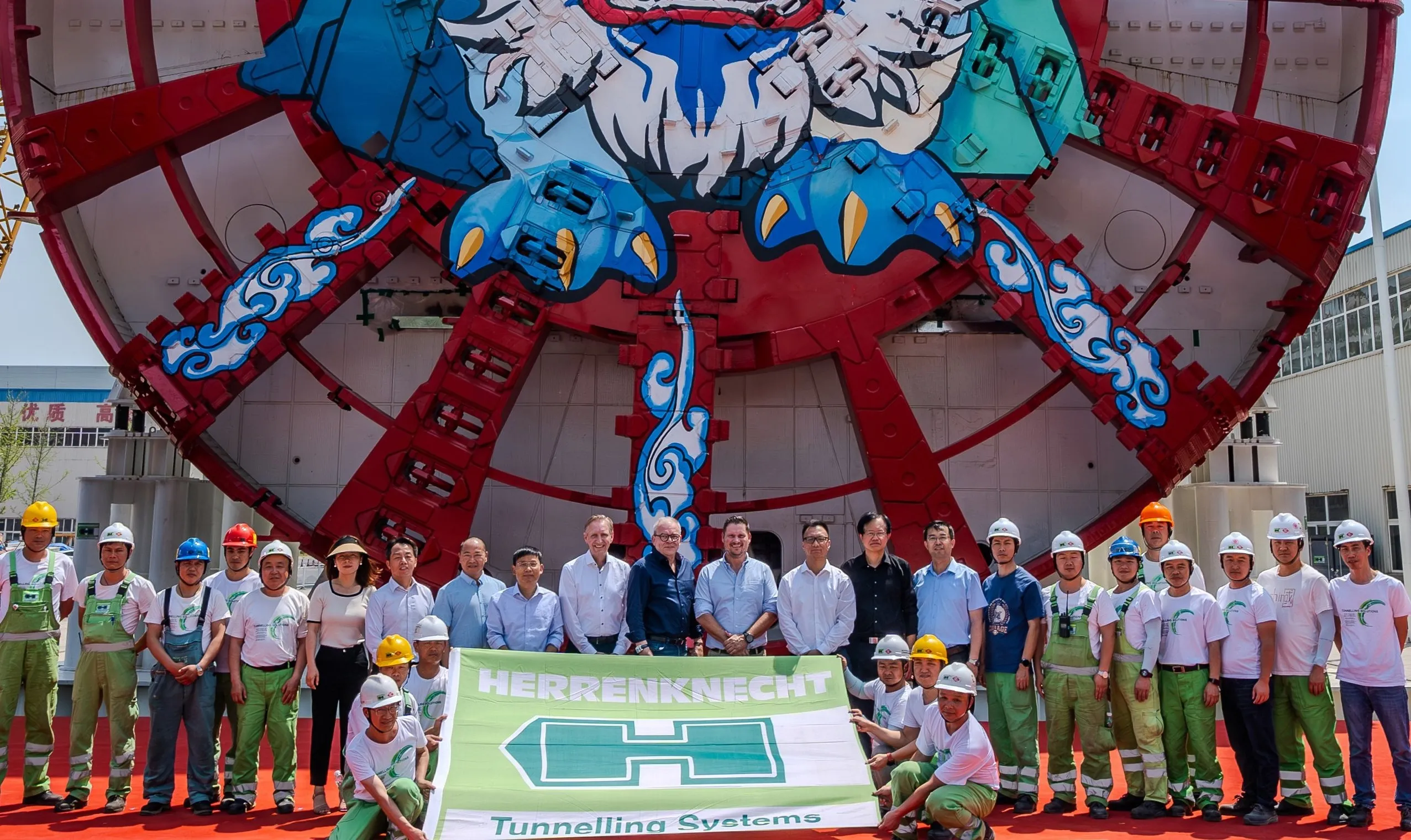Chinese banks are providing US$297 million in loans for road construction in the Kyrgyz Republic. The loan will be used to carry out Phase II of the programme to construct the new North-South road. The project is for the construction of the 96km Aral-Kazarman road and also includes building a 700m stretch of tunnel along the route as part of the works.
June 29, 2015
Read time: 1 min
Chinese banks are providing US$297 million in loans for road construction in the Kyrgyz Republic. The loan will be used to carry out Phase II of the programme to construct the new North-South road. The project is for the construction of the 96km Aral-Kazarman road and also includes building a 700m stretch of tunnel along the route as part of the works.
The Government of China will grant $185.254 million for 20 years with an 11-year grace period and an interest rate of 2%/annum. Eximbank of China will provide another $112.064 million for 25 years with an 11-year grace period and the interest rate of 1.5%/annum.
The Government of China will grant $185.254 million for 20 years with an 11-year grace period and an interest rate of 2%/annum. Eximbank of China will provide another $112.064 million for 25 years with an 11-year grace period and the interest rate of 1.5%/annum.









